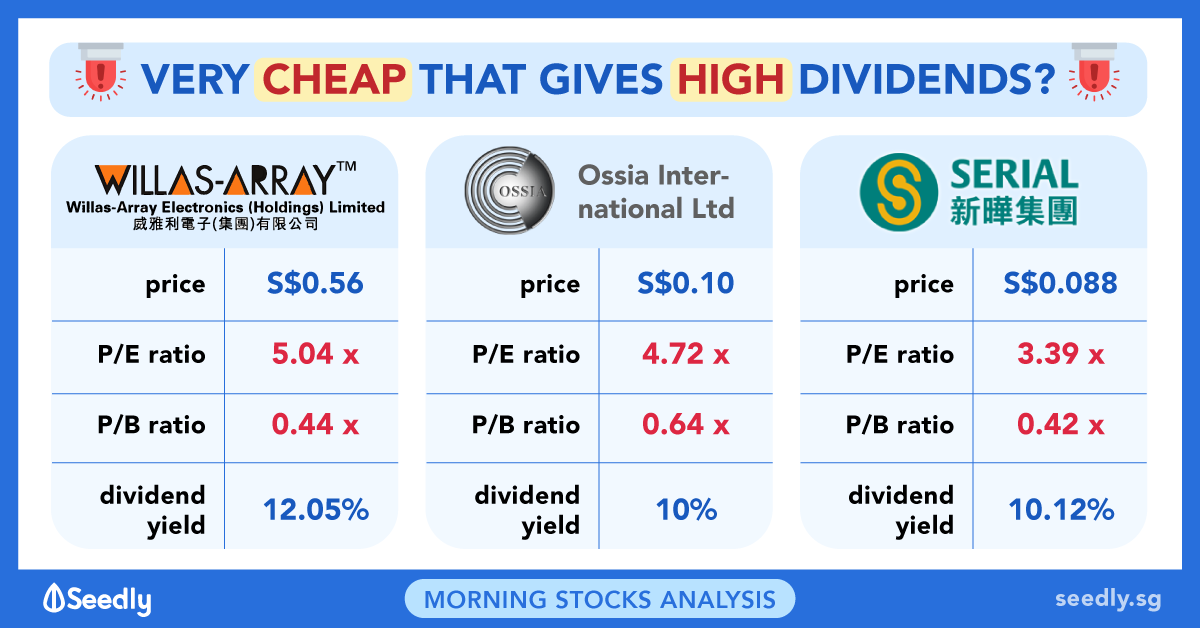Advertisement
Anonymous
How do I determine which company is safe to invest in when it come to P2P lending?
3
Discussion (3)
Learn how to style your text
Getty Goh
07 Mar 2019
Co-Founder & Exec Chairman at Coassets Ltd
Reply
Save
Isaac Chan
06 Mar 2019
Business at NUS
Building on Enk Loui's point, some of the investment fact sheets on the P2P sites should have calculated the different ratios for you already!
You can supplement what they give you with other coverage, leverage and liquidity ratios that you can find online. However, you would need to understand what goes behind the ratios to really have a better grasp at it and what it means for the business.
Alternatively, some p2p sites, like Minterest, do have some form of ratings on how risky the borrowers are. You can also rely on these ratings as some form of bench mark about how much risk you want to take on.
Some of the investor factsheets also have the borrower's background and "story" to help you to understand more about the business model. I feel that it would be more important for you to understand the model and whether it is sustainable too!
Reply
Save
Hello there,
Here are some financial ratios in which you can utilise to help you ascertain if the ...
Read 1 other comments with a Seedly account
You will also enjoy exclusive benefits and get access to members only features.
Sign up or login with an email here
Write your thoughts
Related Articles
Related Posts
Related Products
Funding Societies
4.1
565 Reviews
18% on interest earned
INVESTOR FEES
$20 per campaign ($100 initial deposit)
MINIMUM INVESTMENT
1.26%
DEFAULT RATE (2020)

Minterest P2P Lending
4.5
62 Reviews

BRDGE P2P Lending
4.1
251 Reviews
Related Posts
Advertisement









Hey there,
I’m Getty and I’m the CEO of CoAssets - an ASX listed fintech company that offers online funding.
You have asked a very good question and I would like to share some “contrarian“ views for your consideration 😅😅.
As a platform operator, I have seen a variety of deals - some good, some bad - thus I would advocate investors to take a more conservative view when it comes to accessing deals. What do I mean...
What generally makes sense (to me) is if the funding is for a specific project by an established SME or a listed company. To give you an example, even big property developers like CDL, CapitaLand, etc. takes project funding. Hence, if there is a specific use for the funds, it may be a better proposition for investors.
Naturally, this list is not exhaustive and there could be many other factors to look at. I am also naturally affected by my own biases; nonetheless, I hope these will give you a different perspective to chew on when you want to invest in your next P2P deal. Good luck!! 👍👍